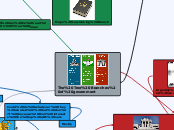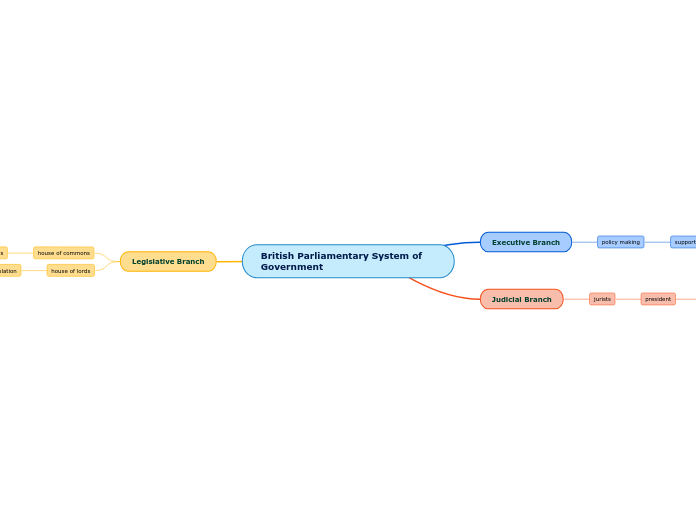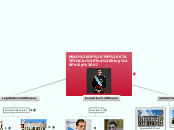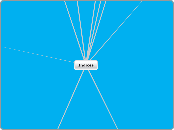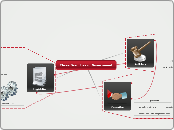door Obito Uchiha 6 jaren geleden
743
Branches of goverment
The structure of Canada's government is divided into three main branches: Executive, Legislative, and Judicial. Each branch plays a distinct role in the governance process, ensuring a system of checks and balances.
